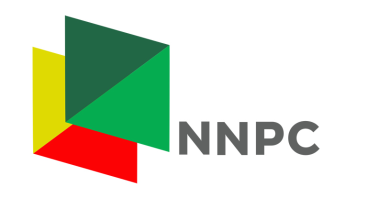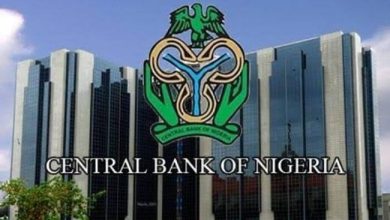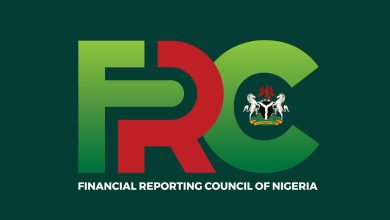Falling Prices Stall Nigeria’s $5 Billion Deal With Saudi Aramco
Hopes of Nigeria securing a $5 billion oil-backed loan from Saudi Aramco have stalled due to falling oil prices and investor doubts.
The deal’s uncertainty now threatens President Tinubu’s broader borrowing strategy and exposes deeper cracks in Nigeria’s oil-dependent economy.
Nigeria’s ambitious plan to secure a $5 billion oil-backed loan from Saudi Aramco has hit a roadblock, as plunging crude oil prices unsettle banks and shake investor confidence. The deal, which would mark Saudi Arabia’s first significant financial engagement with Nigeria of this kind, is now hanging in the balance.
The deal, once seen as a fiscal lifeline, is now in limbo amid volatile oil markets and rising concerns over Nigeria’s production capacity. President Tinubu’s broader borrowing plans also face new scrutiny on the global stage.
Talks between both nations have slowed considerably, as financiers express growing concerns about the feasibility of the arrangement. It should be noted that banks involved in funding the loan, primarily Gulf-based institutions and one African financial entity, have become increasingly hesitant following a 20% drop in oil prices. Brent crude currently hovers around $65 per barrel, down from over $82 in January.
The Nigerian government, led by President Bola Ahmed Tinubu, initially proposed the oil-backed loan during a strategic meeting with Saudi Crown Prince Mohammed bin Salman at the Saudi-Africa Summit in Riyadh in November 2024. If successful, the $5 billion facility would become Nigeria’s largest oil-backed financing to date.
Banks wary amid volatile oil market
Sources familiar with the ongoing negotiations revealed that banks are particularly cautious about crude delivery obligations under the deal. Concerns have been heightened by recent policy shifts within OPEC+, aimed at market stabilization, which have contributed to price volatility rather than improved stability.
These conditions pose a major challenge for Nigeria, which must now ramp up production to meet the oil collateral terms of the loan. Reports indicate that Aramco would require daily oil deliveries of 100,000 barrels from Nigeria. However, Nigeria’s production capacity has been consistently hampered by years of underinvestment and operational inefficiencies.
Complicating matters further, Nigeria is already using about 300,000 barrels per day to service existing oil-backed loans through the Nigerian National Petroleum Company Limited (NNPC). One of those loan facilities, pegged at $3 billion and funded by the African Export-Import Bank (Afreximbank), was designed to stabilize the naira and support the foreign exchange market.
Tinubu’s broader borrowing plan faces more hurdles
President Tinubu, in a broader move to address budget shortfalls, has also asked the National Assembly to approve a $21.5 billion borrowing plan, of which the $5 billion oil-backed deal is a major component. Yet, given the instability of the oil market, the feasibility of this plan is now in question.
Experts say that even if Nigeria manages to meet the volume requirements for the Saudi deal, it would nearly double the $7 billion in oil-backed loans already acquired over the past five years. The heavy repayment burden and the declining value of oil-backed collateral put the country’s financial outlook under further strain.
World Bank withholds funds vver failed audit
Newskobo.com earlier reported that the World Bank has announced Nigeria risks losing $4 million from a $103 million loan under its Fiscal Governance and Institutions Project. The World Bank cited non-compliance with international auditing standards as the reason, pointing specifically to the failure of the revenue assurance audits of the Federal Inland Revenue Service (FIRS) and the Nigeria Customs Service.
The World Bank’s June 2025 restructuring paper stated that the audit objectives were not met, casting further doubt on Nigeria’s ability to secure future development financing.
Oil ambitions clipped by market reality
As oil prices remain unstable and lenders grow wary, Nigeria’s dependence on crude-backed financing is facing increasing scrutiny. Without a substantial recovery in oil prices or reforms in domestic production, President Tinubu’s financial plans, anchored on oil as collateral, may require a major rethink.



